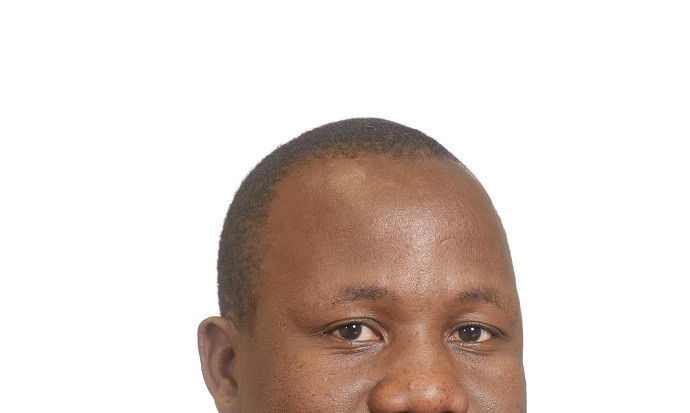
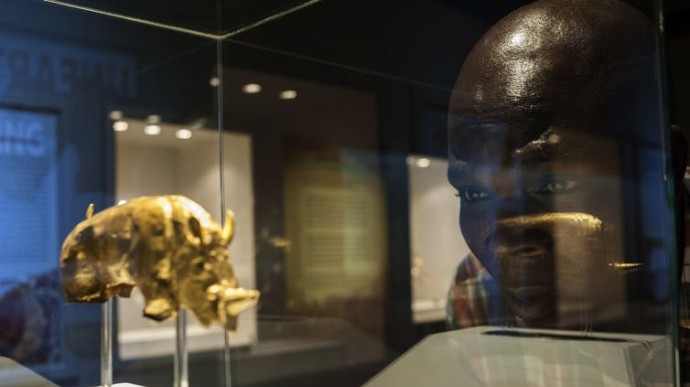 Talking Point
Talking Point
Most developing countries face acute tensions between socio-economic development and environmental protection. Any opposition to proposed development, on environmental or heritage grounds, is seen as a threat to the creation of employment and the growth of the economy.The Mapungubwe Cultural Landscape, a UNESCO World Heritage Site since 2003, is caught in this tension.
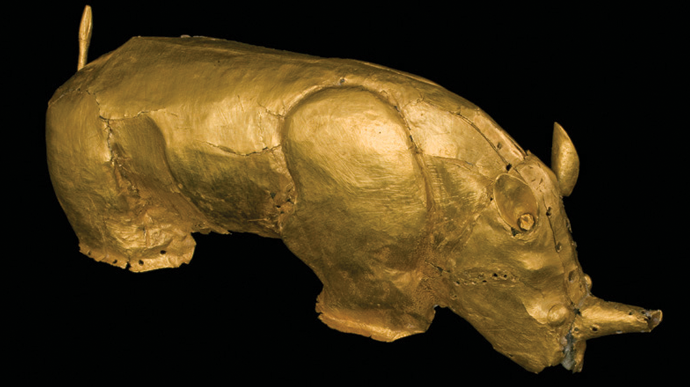 Gallery
Gallery
The Mapungubwe Golden Rhino is believed to have been made between 1220 and 1290.
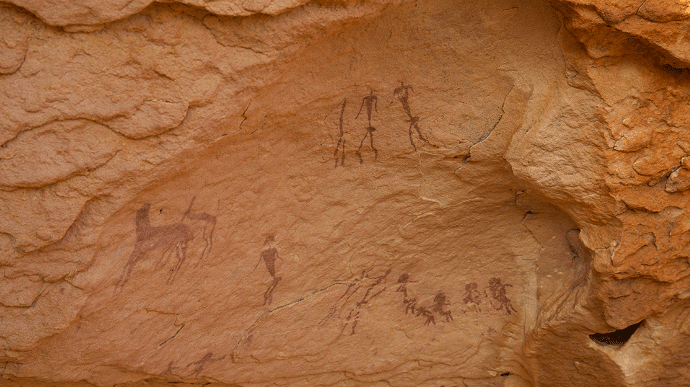 Stories
Stories
New techniques, new attitudes and new perspectives on southern African archaeology mean that the Department of Anthropology and Archaeology at the University of Pretoria (UP) is blazing a new trail and setting the standard for how archaeology should be done in southern Africa.
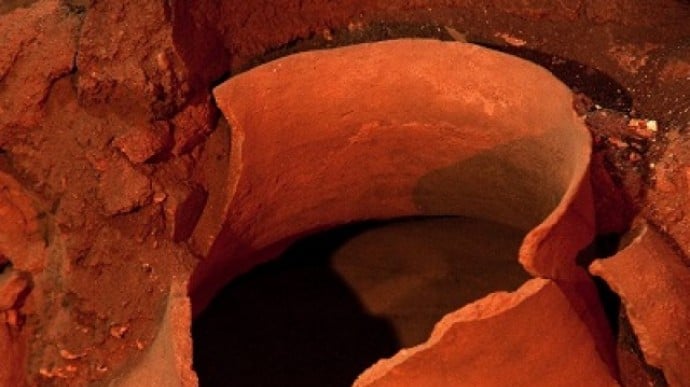 Video
Video
New techniques, new attitudes and new perspectives mean that the Department of Anthropology and Archaeology at the University of Pretoria is blazing a new trail and setting the standard for how archaeology should be done in southern Africa.
 Infographic
Infographic
New techniques, new attitudes and new perspectives mean that the Department of Anthropology and Archaeology at the University of Pretoria is blazing a new trail and setting the standard for how archaeology should be done in southern Africa.
Copyright © University of Pretoria 2025. All rights reserved.
Get Social With Us
Download the UP Mobile App